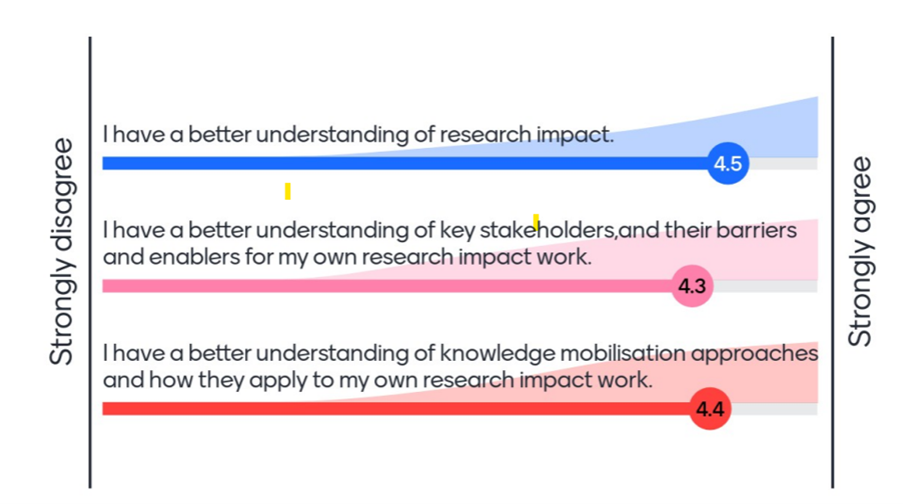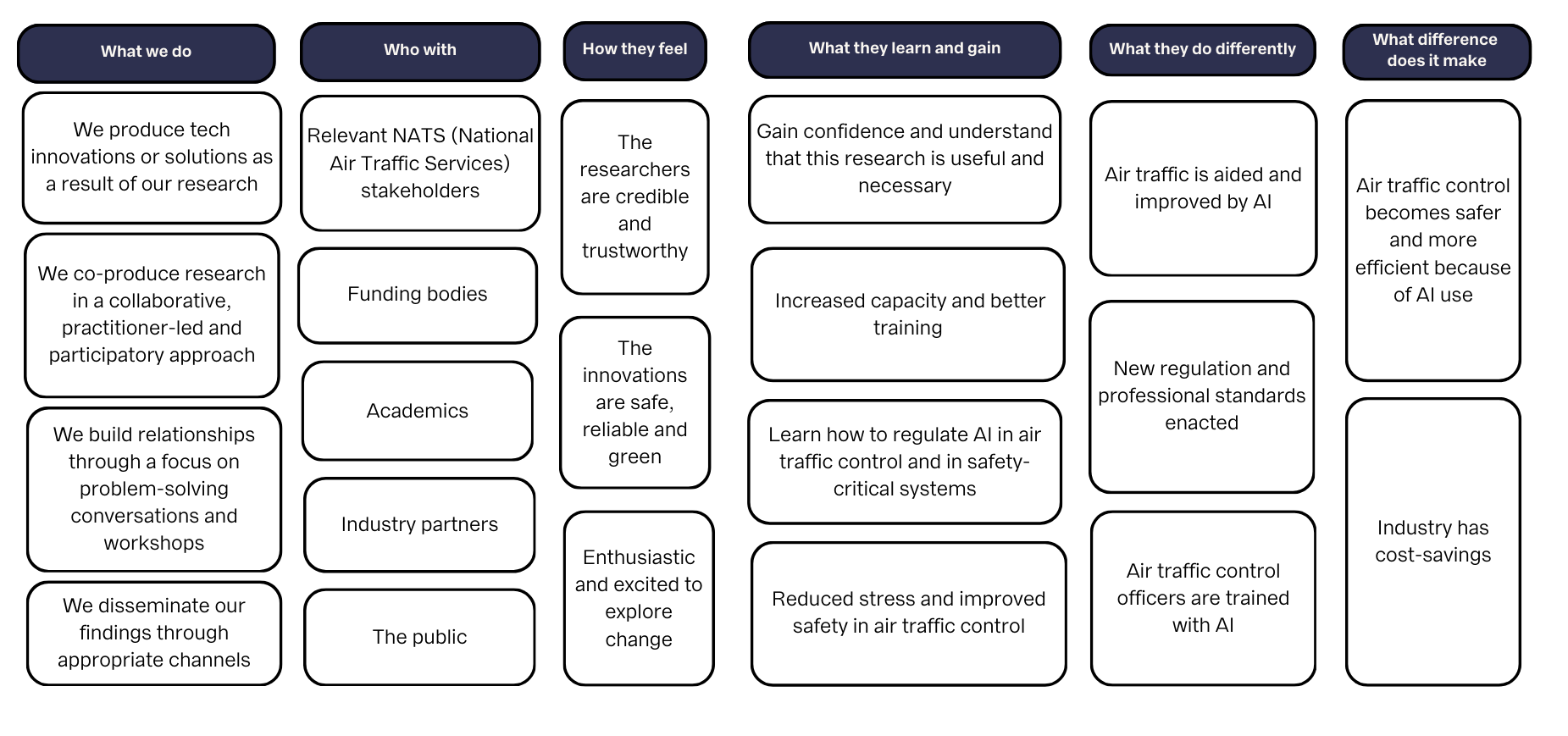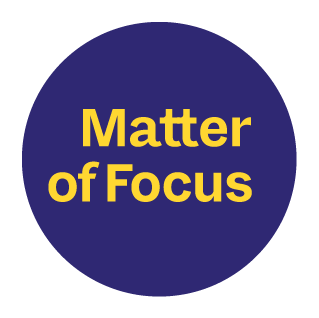As part of their commitment to advancing knowledge, discoveries, and solutions to local, national, and global challenges, the University of Exeter supports staff in understanding and demonstrating their impact.
As they look to enhance their overall impact and prepare for the next UK Research Excellence Framework impact exercise, the University invested in our expert-led research impact literacy training to strengthen their professional support and help academics focus on the potential impact of their work and track impact over time.
What we did and who with
Working with the university’s impact evidence and evaluation manager and assistant director, we co-developed and delivered an impact literacy training programme to be delivered in-person over two days, covering:
- What is research impact?
- Stakeholder mapping, targeting and context analysis
- Methods for knowledge mobilisation – combining translation, relationship-building, co-production and systems influencing
- Pathways to impact
- Introduction to assessing impact
Led by Matter of Focus Co-Director and research impact expert Dr Sarah Morton, the training was a mixture of presentation, discussion and working on specific projects, illustrated with examples and using our training tools, handouts and knowledge mobilisation cards.

Along with university impact support staff, individuals and teams of researchers from across the university attended the training. Research topics were varied and included ecology, badgers, aviation and gender equality.
Impact officers were paired with researchers for the training workshops. During these sessions, they acted as critical friends to their colleagues offering outside perspectives and opportunities to learn from diverse contexts and experiences. The impact officers also gained new skills in how to support academics’ impact planning.
How people felt about the research impact training
Participants enjoyed the supportive atmosphere and the opportunities to share and learn from each other. Anonymous feedback on the workshops included:
What people learned and gained
Overwhelmingly, participants felt they had a better understanding of research impact, stakeholders and appropriate methods of knowledge mobilisation.

Anonymous workshop feedback comments:
What they do differently
The University of Exeter’s researchers are more able to articulate their impact, set out a pathway to impact, plan for impact and track their impact in a meaningful way.
For example, one of the participants felt that articulating this pathway to impact helped him better understand the policy influencing needed to make a difference in his area of work:

Overall, the training supported the wider impact strategy of the University.
What difference does this make?
Staff at the University of Exeter have the knowledge and skills to work well with the research impact agenda, are more likely to be impactful researchers, and will be better equipped to showcase their impact in the next REF.
Perhaps most importantly, research has the best chance of benefiting people and communities.
